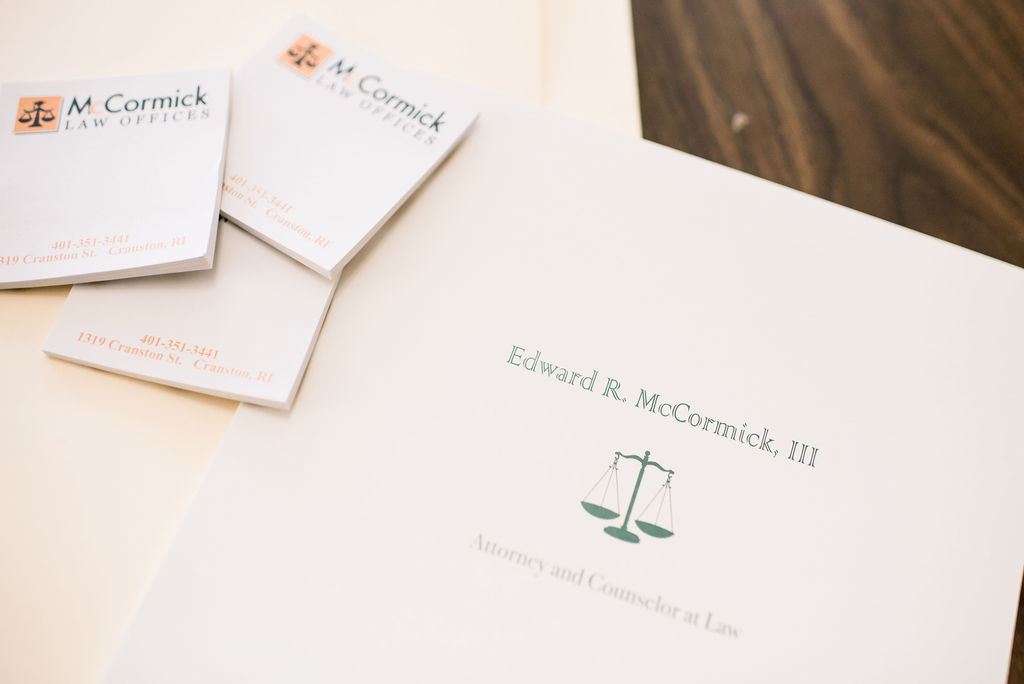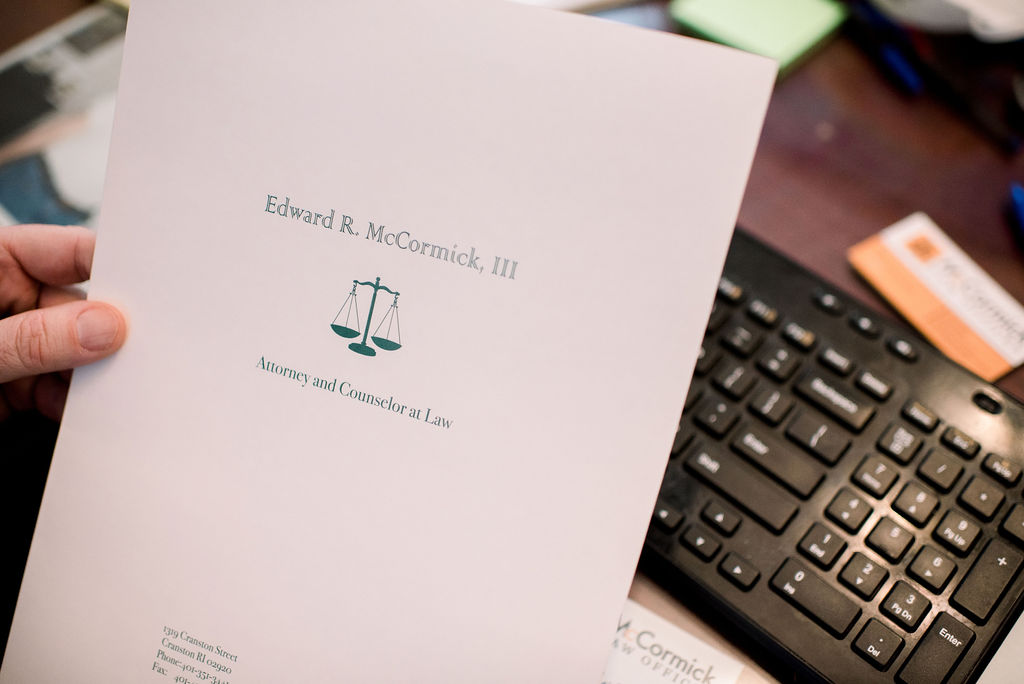Estate Planning Starts With the Right Tools
Most people know they should “have a will.” But what about a trust? Do you need both? How do they actually work—and which one makes more sense for your family?
At McCormick Law Offices, we’ve guided individuals and families across Massachusetts through the estate planning process for over 30 years. Whether you’re planning ahead for peace of mind or navigating a life change, understanding the difference between wills and trusts is a great place to start.
What Is a Will?
A will (or “last will and testament”) is a legal document that outlines how you want your property and assets distributed after you pass away. It can also name guardians for minor children and specify other final wishes.
In Massachusetts, a valid will must be written, signed by the person making it (the “testator”), and witnessed by at least two people. A will only takes effect after death—and it must go through probate court to be enforced.
What Is a Trust?
In many cases, yes. A comprehensive estate plan often includes both a will and a trust. The will serves as a backup for any assets not placed into the trust. It also allows you to name guardians for children or express other final wishes.
The trust ensures your assets are distributed smoothly and privately—and without the delays of probate.
Key Differences Between Wills and Trusts
|
Feature |
Will |
Trust |
|---|---|---|
|
Probate |
Required |
Avoided |
|
Privacy |
Public record |
Private |
|
When it takes effect |
After death |
During life and after death |
|
Cost |
Lower upfront |
Higher setup, lower later costs |
|
Asset control |
Basic |
Detailed Distribution Control |
Do You Need Both?
Yes. Many couples reach property agreements through negotiation or mediation, often with the help of a divorce attorney. This gives you more control over the outcome and can significantly reduce stress and cost.
If an agreement can’t be reached, the court will decide for you. Either way, having experienced legal counsel is essential.
When a Will Might Be Enough
A will may be sufficient if:
- You have modest assets and no real estate
- You’re comfortable with the probate process
- You don’t need to manage distributions over time
- You don’t have minor children or dependent adults
When You Should Consider a Trust
You may benefit from a trust if:
- You want to avoid probate for speed or privacy
- You own property in multiple states
- You have a blended family or complex dynamics
- You want to manage long-term financial care (e.g., for a child with special needs or spendthrift heir)
- You’re planning for potential incapacity
How Probate Affects Your Loved Ones
One of the biggest reasons families choose to create a trust is to avoid probate. While Massachusetts has a relatively straightforward process, probate still:
- Takes months
- Adds court fees
- Creates public records
- Delays access to funds for funeral costs or bills
With a trust, your family can typically access needed resources right away—without waiting on court approval.
What Happens If You Don’t Have a Will or Trust?
Without any estate planning documents, your estate goes through intestate succession. This means the state decides who gets your property based on legal formulas. It may not align with your actual wishes.
Additionally, your loved ones may need to petition the court to become guardians, executors, or administrators—adding to their stress and uncertainty.
Why Work With a Massachusetts Estate Planning Attorney?
Online forms or DIY templates might seem simple, but they often leave critical gaps. Massachusetts estate law is specific—and even small mistakes can create big issues later.
At McCormick Law Offices, we offer personalized estate planning that reflects your family, your goals, and your peace of mind. Whether you’re just starting or need to update your documents, we’re here to make the process easy to understand and legally sound.
Start Your Estate Plan With Confidence
Wills and trusts are more than legal documents—they’re tools to protect your loved ones and ensure your wishes are honored.
Contact McCormick Law Offices to schedule a consultation today. We serve clients throughout Massachusetts and Rhode Island with compassion, clarity, and decades of local experience.
Legal Disclaimer
The information provided on this website, including all blog posts, resources, and service descriptions, is for general informational purposes only and should not be construed as legal advice. While McCormick Law Offices strives to keep content accurate and up to date, the law is constantly evolving, and the information presented may not reflect the most recent legal developments or apply to your particular circumstances.
No attorney-client relationship is established by viewing this website, filling out a contact form, or engaging with our content. An attorney-client relationship with McCormick Law Offices is only formed through a signed written agreement.
You should not act or rely on any information on this site without first consulting a qualified attorney regarding your specific legal matter. Any links to third-party websites are provided for convenience only and do not imply endorsement or responsibility for their content.
McCormick Law Offices serves clients primarily in Rhode Island and Massachusetts. Legal services are provided in accordance with the applicable laws and ethical rules of these jurisdictions.
If you need legal advice or representation, please contact our office directly to schedule a confidential consultation.







